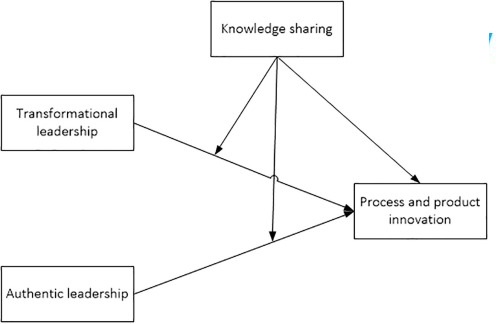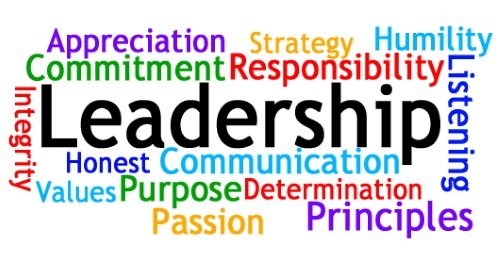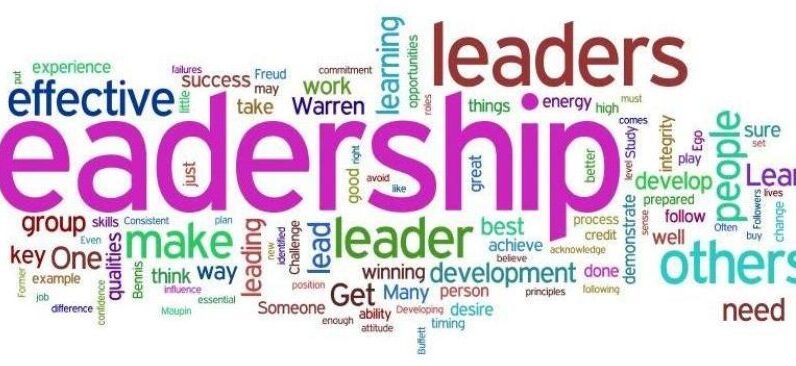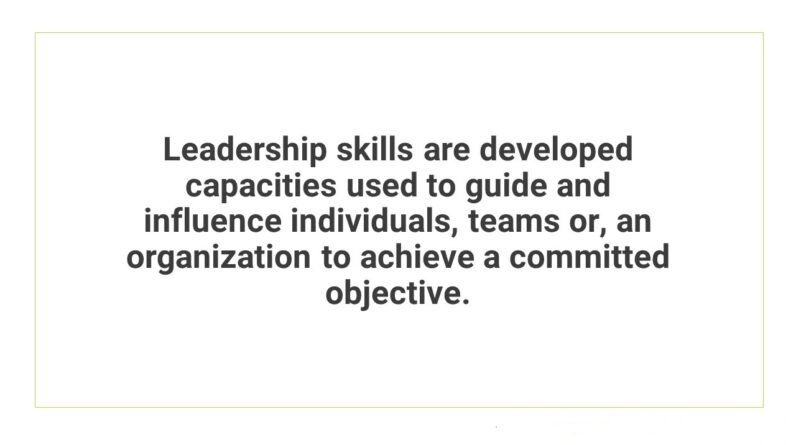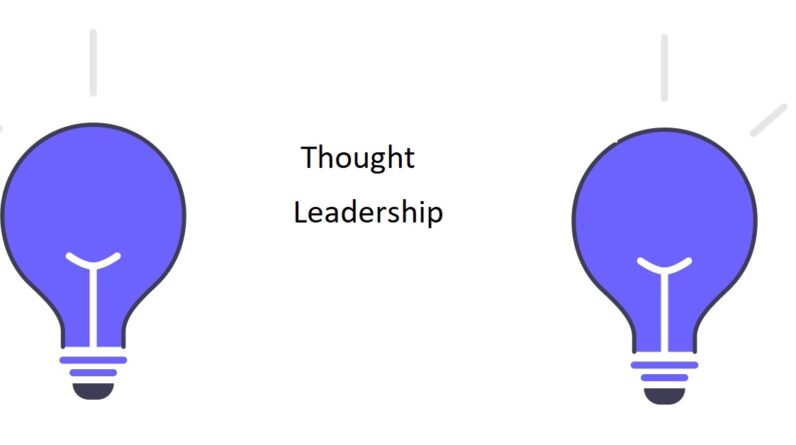 The following are the Great Leadership Qualities: Self-awareness, Integrity, Empathy, Resourcefulness, and Empowerment. Each of these qualities is critical to the success of any organization. When these qualities are present, it is easier for employees to concentrate on the tasks at hand, without interruptions or distractions. Empowered employees are more productive and motivated in areas where boredom is a problem. Self-awareness relates to self-reflection, and empowered employees realize that their attitudes influence the way their organizations are run.
The following are the Great Leadership Qualities: Self-awareness, Integrity, Empathy, Resourcefulness, and Empowerment. Each of these qualities is critical to the success of any organization. When these qualities are present, it is easier for employees to concentrate on the tasks at hand, without interruptions or distractions. Empowered employees are more productive and motivated in areas where boredom is a problem. Self-awareness relates to self-reflection, and empowered employees realize that their attitudes influence the way their organizations are run.
Honesty
Leaders need to be honest because a low trust factor hinders relationships and followship. Honesty builds trust because people will always trust you – no one likes to be lied to or cheated by a leader. Honesty is also an important part of organizational ethics – it helps to establish standards of loyalty and fairness among members. Lastly, leaders must follow the law.
A leader must value honesty, not just because it’s the right thing to do but because it can help him or her inspire followers and motivate employees. Being honest in all aspects of your organization will make you the kind of leader that people will be enamored with. It also means being open and transparent when handling sensitive issues. Keeping the whole organization informed of your actions and failures is a sign of honesty and integrity.
When it comes to honesty, it means being straight to the point. You don’t lie or manipulate the truth. You’ll be remembered for being honest. This trait builds trust and strengthens relationships. Honesty is essential in business and in life. It’s one of the greatest leadership qualities. If you’re a leader, consider these tips:
Integrity
Integrity is a foundational quality of any leader. According to leadership experts, without integrity, you lack morality, strong values, and long-term effectiveness. Even if you are a charismatic, persuasive, and resourceful leader, you will not achieve long-term success without high integrity. Without integrity, you’ll fail to inspire colleagues to be their best selves. Moreover, lacking integrity will make you appear dishonest to your team.
In addition to building credibility with employees, customers, and investors, integrity fosters trust. It fosters accountability and transparency, and ensures that organizational commitments are met. Leaders who possess integrity are viewed with respect by stakeholders, and their actions will be judged against these standards. So how can you foster and maintain integrity in your organization? Read on to find out how to improve your leadership style. There are some great leadership qualities that you should strive to possess, and there’s no better way to cultivate them than by observing your own life.
Leaders with integrity must determine what their organization’s policies are on matters of ethics. While this may seem obvious, the fact is that leaders who are rooted in their moral principles often lose the support of their shortsighted followers. Still, integrity remains an essential leadership quality. Ultimately, the best leaders focus on achieving both personal and professional integrity. And by demonstrating integrity in your life and in your work, you will inspire the highest levels of your team.
Empathy
As the job market becomes increasingly competitive, a strong leader with empathy will be able to adapt to changing situations and keep their team members happy. Because empathic leaders have a deeper understanding of their employees’ personal lives, they are able to adapt to changing times more effectively. They also are more aware of what is happening in the organization. Empathetic leaders are able to keep their employees engaged and motivated while maintaining their professional responsibilities.
Empathy is a quality that all good leaders must have. This quality helps develop bonds between employees and managers. Showing that you understand the struggles and concerns of your team members will create trust. This will help you focus on their needs later on. The first step to showing empathy as a leader is to stop thinking about your employees and begin listening to them. This will help you understand them better and help them improve their performance. Empathy is also a crucial part of team building.
Empathy contributes to positive relationships and organizational cultures. Empathy helps people bring their unique talents and perspectives to the table. Without empathy, teams can become factions or split into groups. Empathy increases team engagement and productivity. And when it comes to fostering good workplace relationships, empathy is essential. It is vital for any manager to cultivate a culture of compassion. By cultivating empathy, leaders can create better teams and achieve more than just the goal.
Resourcefulness
The ability to adapt to change is an important component of great leadership. Resourceful people are adaptable and creative, which helps them rise above obstacles. These leaders combine common sense with ingenuity. They use resources to help the organization achieve its goals. They use their personal networks to leverage resources and call upon an inner circle of problem-solvers. This trait demonstrates a positive work ethic and helps to create an environment where innovation is encouraged.
A strong sense of resourcefulness also allows leaders to analyze their professional performance objectively, identifying areas for improvement and finding innovative solutions. It is also important to understand that resourcefulness isn’t the same as “being able to work with a limited set of resources.” Being resourceful requires a wide range of skills, including adaptability, flexibility, creativity, and innovation. A resourceful leader has the ability to learn new things quickly and constantly adapt.
One way to highlight your resourcefulness in an interview is to emphasize it on your resume. It may be useful to list your responsibilities and abilities as examples of your resourcefulness. You may also want to mention your soft skills. If you’re resourceful in a creative way, consider listing your soft skills related to it. For example, if you have a history of problem-solving and time management, listing these skills could show that you have a diverse set of perspectives.
Empowerment
Efficient leaders invest in the development of their employees. This practice builds trust between the leader and team members, and is an essential part of achieving organizational success. When leaders empower employees, they are investing in the success of their company, and it has been proven that the ROI is higher than any other professional profession. As a result, these leaders enjoy a higher level of satisfaction. However, some leaders have trouble embracing the empowerment concept.
The future of work is unpredictable, and the events of the future will only continue to pose new challenges. However, when a great leader empowers their team members, they will feel like they are part of a larger entity and more engaged in the organization. Empowerment fosters a sense of individual worth in employees, and strengthens their commitment to the organization. Every employee has specific skills, and without guidance or support, they will perform poorly.
Empowerment encourages employees to take on more responsibility and give them more autonomy. Employees who feel empowered by their leaders are more likely to put in their best efforts without feeling exploited. Empowering employees helps them build trust and respect with their managers. However, it is important to recognize that delegation can come across as a leader abdicating responsibility. Empowerment is best implemented when a leader delegated responsibility, but doesn’t over-do it.
Team building
Team building can be a difficult endeavor, and many people are reluctant to take the leadership role. While team leaders have a lot of pressure to maintain their positions and influence, they can also encourage teamwork by developing the skills of their team members. One great way to foster teamwork is to conduct team building exercises. The purpose of these exercises is to improve communication, trust, and understanding between team members. Team building exercises can also improve performance, as they allow people to put aside their differences and work as a cohesive unit.
If a team needs to work together, a good leader should have excellent interpersonal skills. An effective matchmaker will recognize the traits and skills in a team, and use them to connect members into winning combinations. Use ice breakers to make new team members feel more comfortable with each other. During team building exercises, employees should use a variety of communication tools, such as online tools and messaging platforms. When team members communicate well with each other, they are more productive.
In addition to communicating the system to your team members, a leader should also be a great communicator. If a team member is disgruntled with their colleagues, they are unlikely to bring their best ideas to the table. Likewise, team members must be able to resolve conflicts among themselves without anger or frustration. It’s never fun to confront team members, but it’s vital to teamwork. Also read our article on Servant Leadership

